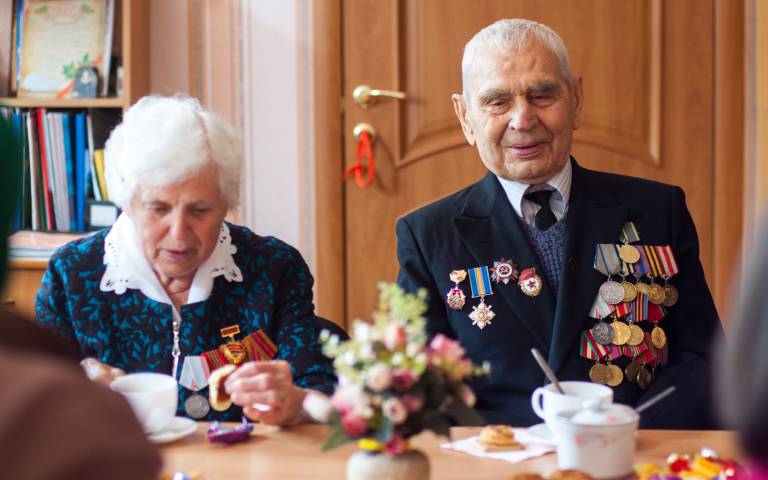UCL IEDE awarded £750k by UKRI to study climate related heat risks in care settings
19 May 2020
Awarded as part of the SPF UK Climate Resilience Programme, Governing the Climate Adaptation of Care Settings (ClimaCare) will be a 28-month project led by IEDE academics Professor Mike Davies and Dr Anna Mavrogianni.

Building on the foundations of a 12-month pilot project, ClimaCare aims to enable the UK’s care provision to develop adaptation pathways to rising heat stress under climate change. The project will quantify climate related heat risks in care settings nationwide to enhance understanding of human behaviour, organisational capacity and governance.
The interdisciplinary project will collect, for the first time in the UK, longitudinal temperature and humidity data in a panel of 50 care settings in order to quantify the recurring risk of summertime overheating. The project will also identify and assess social, institutional and cultural barriers and opportunities underpinning the governance of adaptation to a warmer climate in care and extra-care homes.
ClimaCare will also create a building stock model of the UK’s care provision that is able to predict future overheating risks in care settings under a range of future climate change and operation scenarios.
The team will work closely with a number of project partners from both the pilot and the new project, including: the Care Quality Commission, the Ministry of Housing, Communities & Local Government, the Chartered Institution of Building Services Engineers, the Greater London Authority, Aston House, PRP and the Met Office. Project partners include co-investigators from UCL, the London School of Hygiene and Tropical Medicine, Oxford Brookes University and Public Health England.
The project principal investigator Prof Mike Davies, said:
“We are very grateful to UKRI for supporting what we believe to be vital and timely work on care settings. It is imperative now to build the evidence base necessary to inform regulations and policies to provide better provision for vulnerable residents and their carers and reduce preventable deaths and morbidity.”
Further information
- Visit Prof Mike Davies’ profile
- Visit Dr Anna Mavrogianni’s profile
- Read the UKRI announcement
 Close
Close

